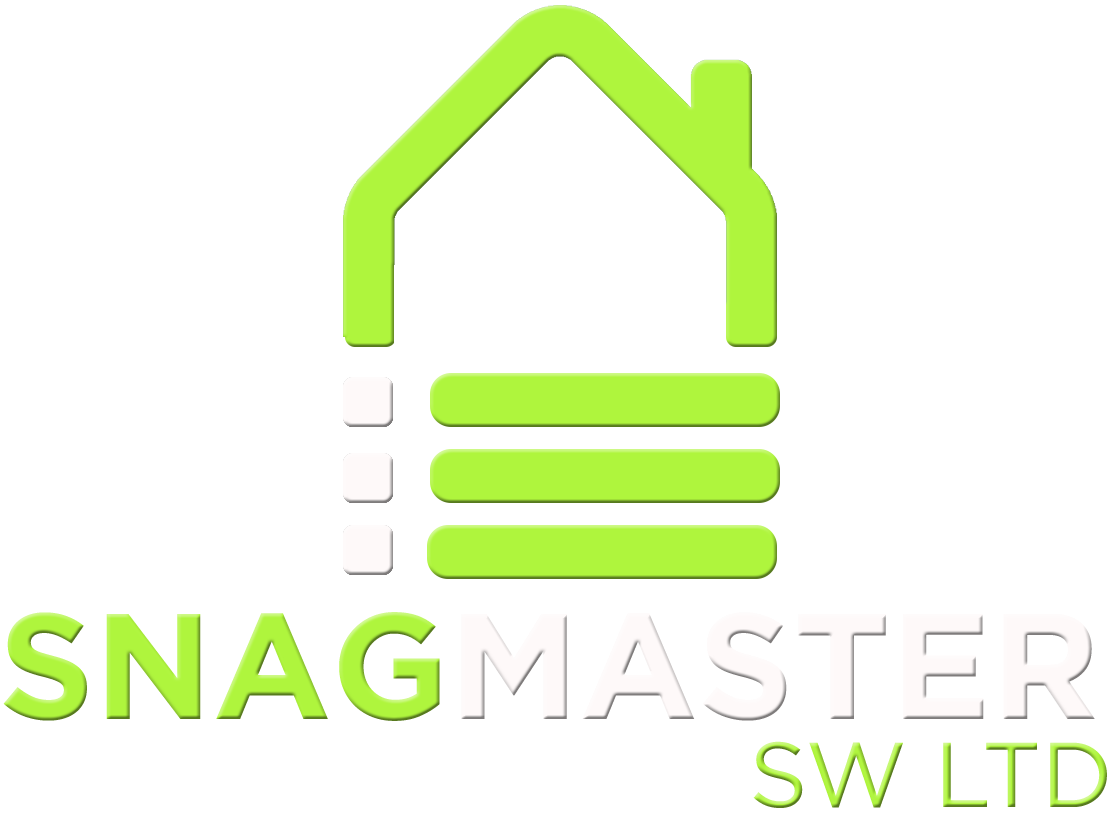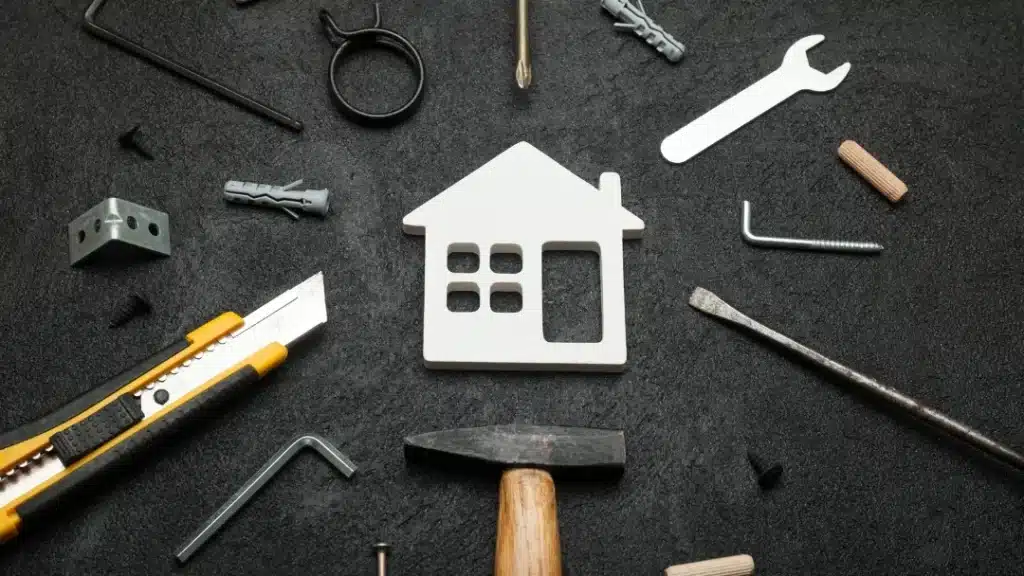As a landlord, it’s essential to stay on top of your responsibilities to ensure your property complies with all relevant regulations. Keeping your rental property in line with legal standards not only protects you from potential issues but also guarantees the safety and satisfaction of your tenants.
Here at Snagmaster SW, we’ve put together a straightforward guide to help you understand and meet your property compliance and residential property maintenance obligations.
Why Property Compliance Matters
Property compliance is about more than just following the law – it’s about providing a safe, secure, and comfortable living environment for your tenants. Ensuring your property meets all necessary standards helps avoid legal trouble, keeps tenants happy, and maintains the value of your investment. Non-compliance can lead to hefty fines, legal battles, and even the possibility of being barred from renting out properties in severe cases. Therefore, staying compliant is crucial for the long-term success of your rental business.
Key Areas of Property Compliance
1) Safety First
- Gas Safety: As a landlord, you must ensure that all gas appliances, fittings, and flues are safe. This involves an annual Gas Safety Check conducted by a registered Gas Safe engineer. Don’t forget to provide your tenants with a copy of the Gas Safety Certificate as part of your property compliance and property maintenance.
- Electrical Safety: Regular checks of electrical installations and appliances are a must. Since July 2020, an Electrical Installation Condition Report (EICR) is required every five years to confirm electrical safety and maintain property compliance and effective property maintenance.
- Fire Safety: Install working smoke alarms on each floor of the property and a carbon monoxide alarm in any room with a solid fuel-burning appliance. Ensure that all furniture and furnishings meet fire safety regulations to uphold property compliance and property maintenance. Additionally, landlords of multi-occupancy properties should consider providing fire extinguishers and clear emergency exit routes.
2) Health and Housing Standards
- Housing Health and Safety Rating System (HHSRS): This system assesses potential risks to health and safety within residential properties. Regular inspections are vital to ensure your property meets these standards and maintains property compliance. This includes checking for dampness and mould, ensuring proper ventilation, and addressing any structural issues that may pose a risk to tenants.
- Repairs and Maintenance: Keep the structure and exterior of the property in good condition, including heating, hot water systems, basins, sinks, baths, and other sanitary installations. This is crucial for ongoing property compliance and property maintenance. Promptly addressing repairs not only keeps the property compliant but also helps build trust and satisfaction among tenants. Our decorating services can help maintain the aesthetic and structural integrity of your property. For a more in-depth understanding of property maintenance, be sure to check out our ultimate property maintenance guide.
3) Tenancy Deposits
- Deposit Protection: Protect any deposit you take from tenants in a government-approved tenancy deposit scheme. This guarantees that tenants will receive their deposit back at the end of their tenancy, provided they meet the terms of the agreement, ensuring property compliance. Make sure to provide tenants with the necessary information about the scheme within 30 days of receiving the deposit.
4) Right to Rent
- Immigration Checks: Verify that your tenants have the legal right to rent in the UK. This involves checking original documents and keeping copies on file, an important step in property compliance. Regularly update your knowledge on the acceptable documents and ensure you re-check tenants with time-limited rights to rent.
5) Energy Efficiency
- Energy Performance Certificate (EPC): Provide an EPC rated E or above to prospective tenants. This certificate, which must be renewed every 10 years, informs tenants about the energy efficiency of the property and is a key aspect of property compliance. Consider making energy-efficient improvements, such as better insulation or upgrading to energy-efficient appliances, to enhance your property’s rating and appeal. Regular property maintenance helps in maintaining these standards.
6) Licensing Requirements
- Mandatory Licensing: Some properties, such as Houses in Multiple Occupation (HMOs), require specific licences. Under the Housing Act 2004, larger HMOs (three or more storeys, five or more people, at least two separate households) must be licensed.
As of 1 October 2018, this requirement extends to smaller HMOs in England housing five or more people in two or more households. New licence conditions include minimum room sizes for sleeping and adherence to council refuse schemes. Check with your local council to determine if your property needs a licence and ensure compliance. Failure to obtain necessary licences can result in substantial fines and enforcement actions. Proper property maintenance is often a requirement for these licences.
Additional Compliance Considerations
- Legionella Risk Assessment: Conduct regular assessments to manage and reduce the risk of Legionella bacteria in water systems. While not a legal requirement, it is considered good practice for landlords and a part of responsible property maintenance.
- Insurance: Ensure you have adequate landlord insurance that covers property damage, loss of rent, and liability. This provides an extra layer of protection and peace of mind.
Staying Informed for Property Compliance
Regulations and laws can change, so it’s important to stay informed about property compliance. Join a landlord association, subscribe to industry newsletters, and regularly check official websites for updates on legislation. Engaging with local landlord forums and attending industry events can also provide valuable insights and updates.
Conclusion
Ensuring property compliance is a continuous process that requires diligence and proactive management. By fulfilling these responsibilities, you provide a safe and compliant home for your tenants, fostering positive landlord-tenant relationships and protecting your investment. Property compliance and effective property maintenance not only safeguards your interests but also contribute to a healthier, safer, and more regulated rental market.
If you’re a landlord or homeowner in need of assistance when it comes to property maintenance, then be sure to get in touch with our team at Snagmaster SW. Our snagging services are carried out by highly trained professionals, ensuring you peace of mind.
Ensuring your property meets all necessary standards helps avoid legal trouble, keeps tenants happy, and maintains the value of your investment.




